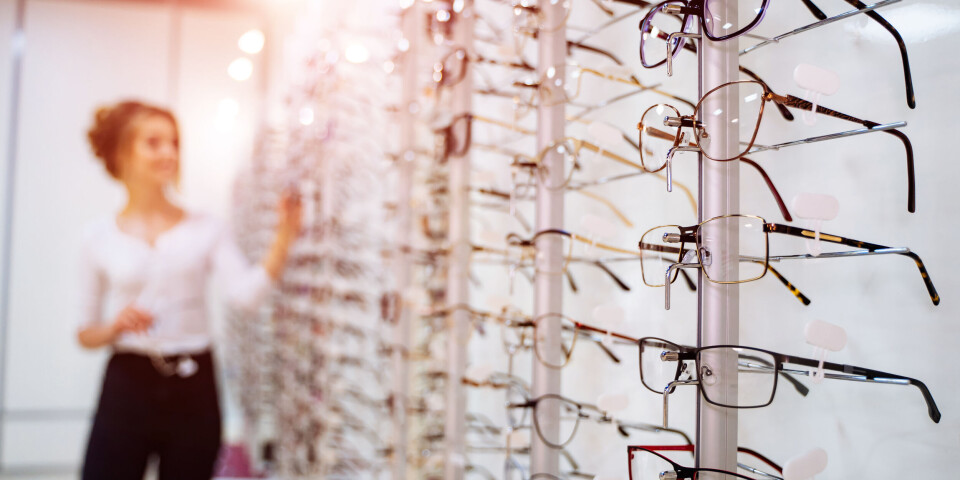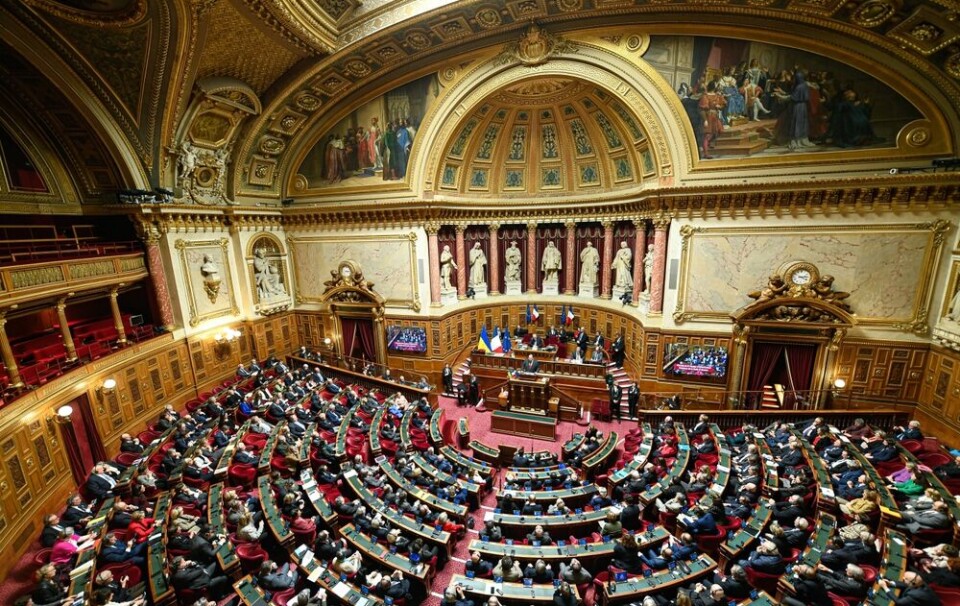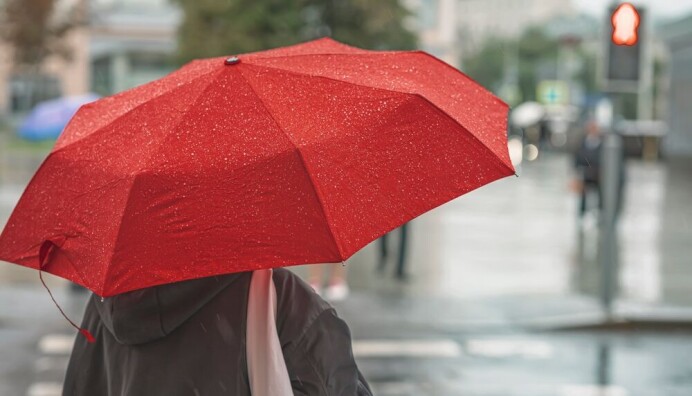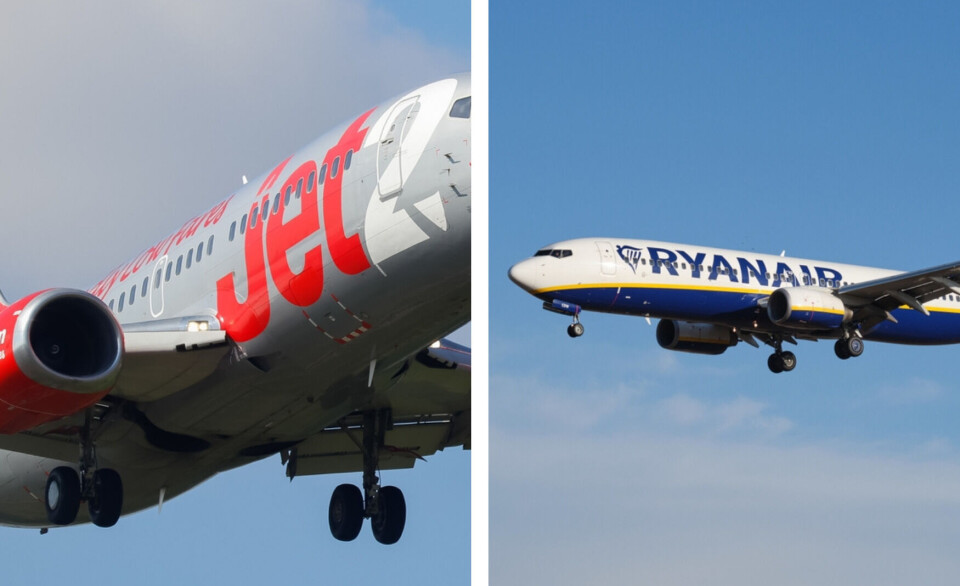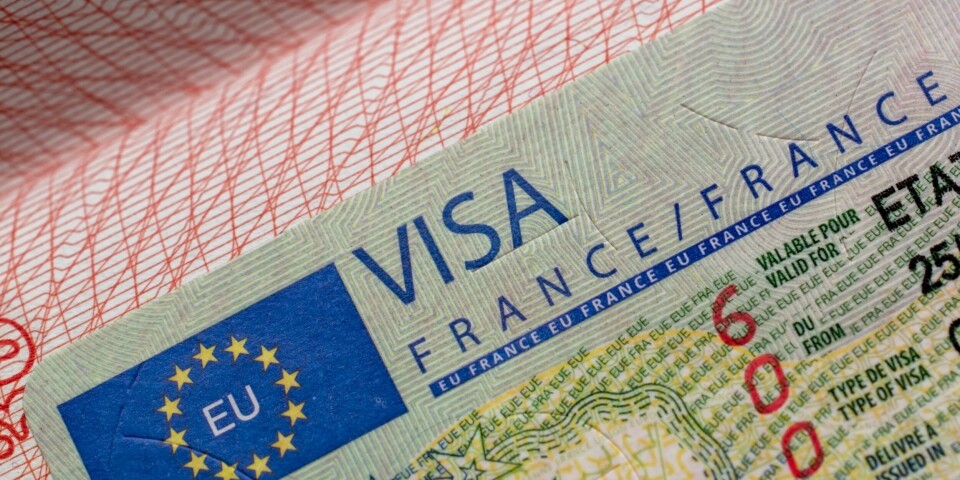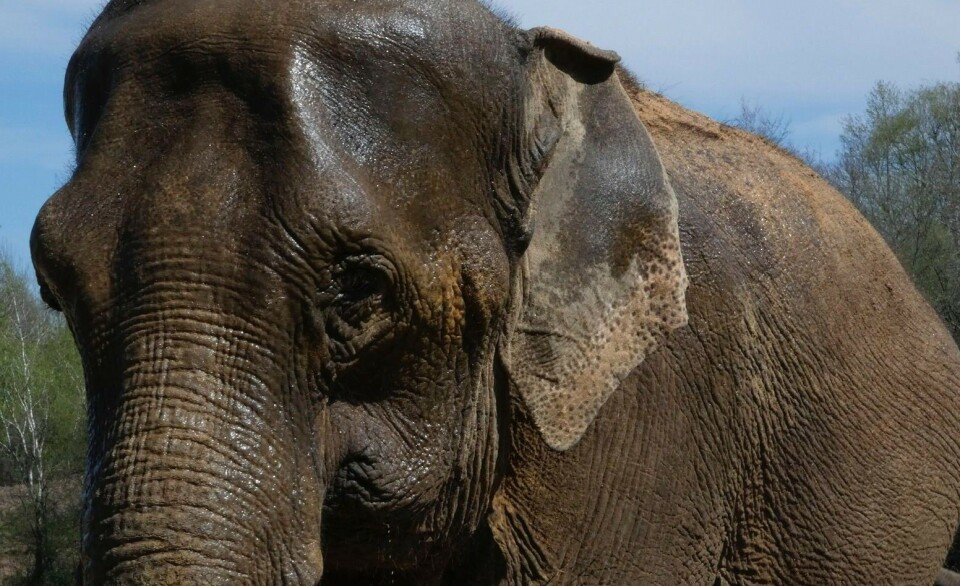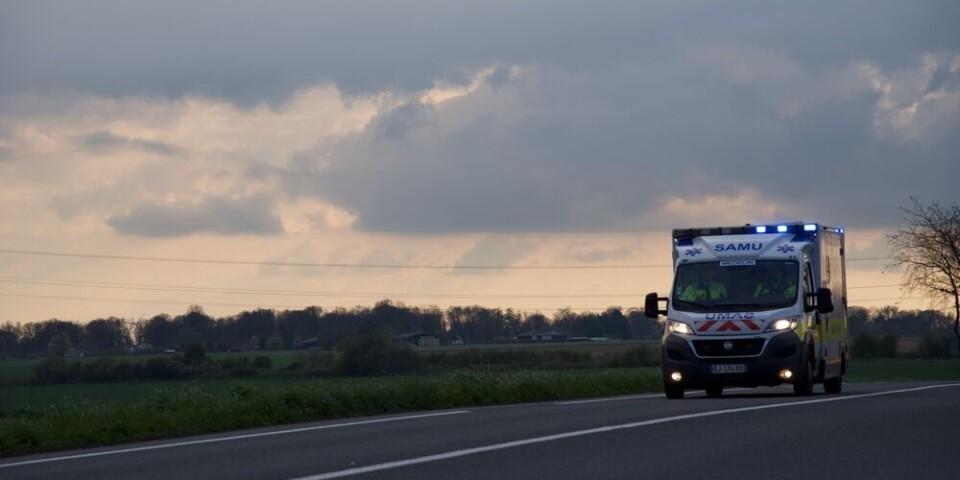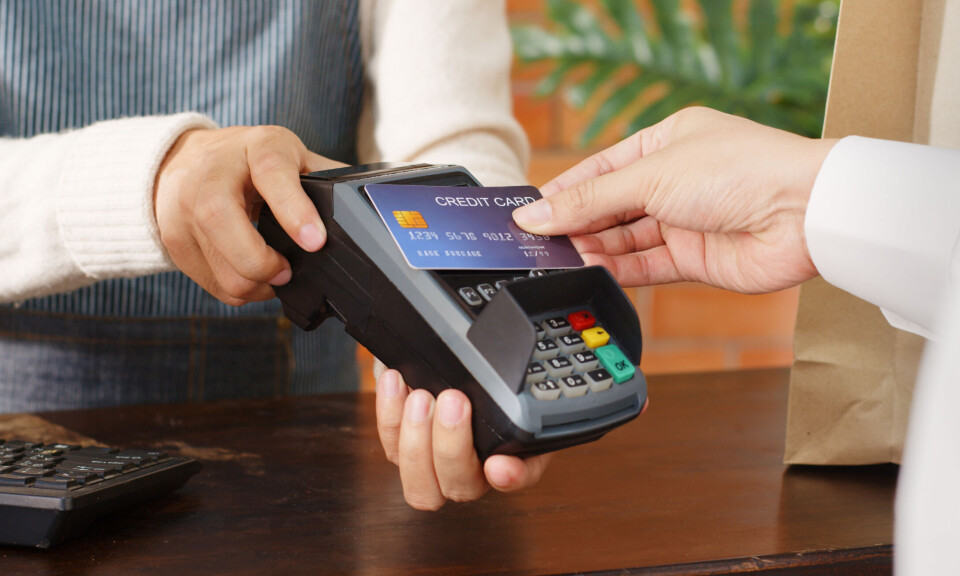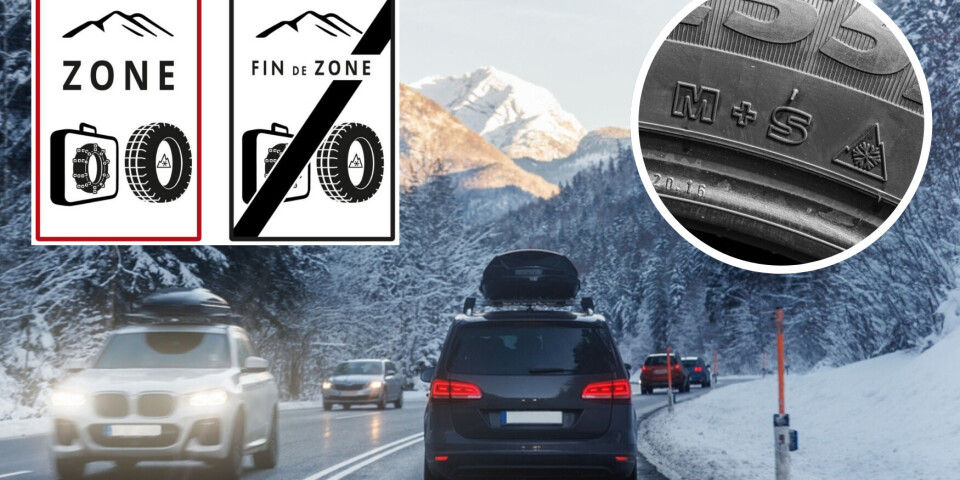-
Winter tyre rules mandatory in French mountain areas from November
See which departments require the tyres and which only partially apply the law
-
‘Lizard’ road sign in France - this is what it means
Livestock, deer…lizard? The sign warning of a rare kind of animal hazard
-
What is the meaning behind these sombre roadside signs in France?
The black silhouettes are not common but can be seen along certain accident-prone roads
Dashcams: do French courts and insurance firms accept the images?
France’s strict privacy laws mean there are restrictions on the use of the technology
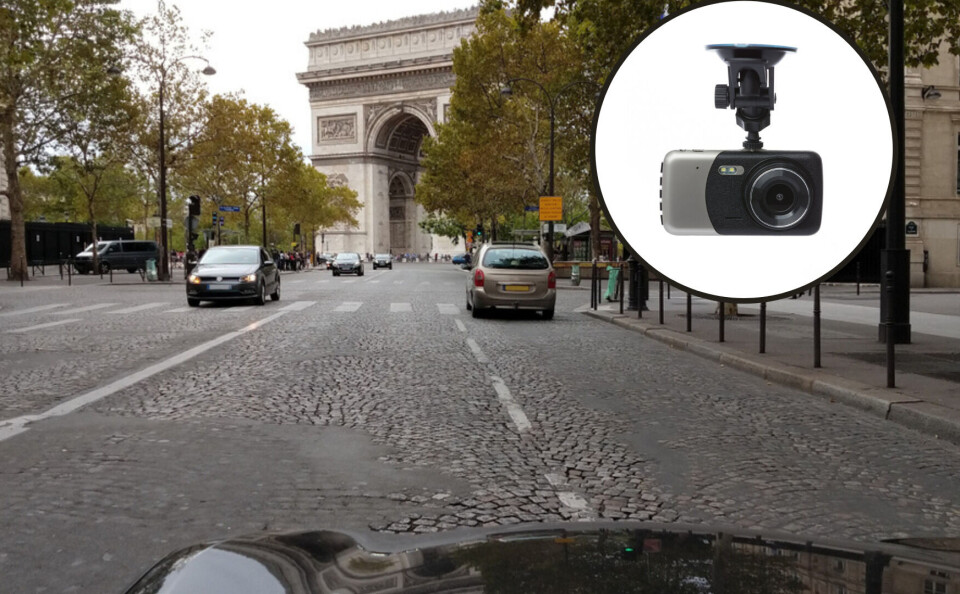
An increasing number of drivers in France are fitting dashcams in their vehicles, although the country’s strict privacy laws mean there are restrictions on their use.
Around 15% of French drivers are equipped with a dashcam, or caméra embarquée, a poll by the French television channel TF1 estimated in January.
This figure suggests a relatively slow uptake of the technology, which was already fitted in around 17% of UK cars in 2017, according to a survey by Aviva Insurance.
Whereas UK drivers can upload their dashcam footage of driving offences to a national server, the National Dash Cam Safety Portal (NDSP), no such server exists yet in France.
Dashcams and French law
Dashcams are legal, however, France’s strict privacy laws mean there are restrictions on their use.
Under article 226-1 of the penal code, transmitting a recording of people in a private space (such as other drivers in their cars) without their consent is punishable by a €45,000 fine and up to one year in prison.
However, this law primarily applies to the diffusion of dashcam footage online, which can still be done if the other drivers (and their licence plate numbers) are blurred out.
In case of an accident, the dashcam owner is obliged to inform people if they have been filmed, and if they do not consent, the evidence might not be accepted.
Nonetheless, the authorities do accept dashcam footage as evidence.
In a high-profile case last year, the police used dashcam evidence of an accident involving actor and comedian Pierre Palmade’s head-on collision with a car containing a family.
A dashcam fitted to the car of someone who stopped to help recorded two young men fleeing the scene after climbing out of Mr Palmade’s vehicle.
This footage resulted in a manhunt and the subsequent arrest of both suspects.
Mr Palmade, who was badly injured, was found to be under the influence of cocaine at the time of the crash.
Read more: Judges do consider dashcam evidence, says top French motoring lawyer
Dashcams and insurance firms
Insurance firms can offer reduced premiums for drivers equipped with dashcams, in some cases of up to 15%.
“They are of some use, but remain a private matter,” Cédric Ménager, director of insurance comparison site LesFurets.com told TF1. “They can help provide proof in court in some cases, but the court is not obliged to accept them as evidence.”
They can also help in civil cases, even if insurance companies refuse to take dashcam evidence into account.
In a case in 2023, an insurance firm was refusing to pay out for a driver whose vehicle had collided with a deer. Fortunately, a civil action ruled that the driver’s dashcam footage was admissible, and it showed the deer leaping out unexpectedly, proving the driver had not been at fault.




